Here are some tips to help you formulate answers to 6 of the most common job interview questions. Questions like these will likely come up in any interview you have, regardless of the type of job you’re applying for. These fundamental questions are good ways for employers to gauge how dedicated, hard-working, and reliable you are, so thinking about and preparing responses to them will help you understand what employers are looking for and how to present yourself in the best possible light.
1. Tell me a little bit about yourself?
When you’re asked to share a bit about yourself, it’s important to strike a balance between not being too vague and not telling your whole life story. You want to be memorable and authentic, but you also want to be concise—aim for a 2-3 sentence answer to this question. Mention the clubs, sports, or hobbies you’re involved in, where you go to school, or other activities that are important to you. Choose what to share wisely! Telling the interviewer what musical instruments you play is memorable and shows dedication, hard work, and drive. Telling the interviewer what TV shows you like probably won’t be quite as impressive.
2. What are your greatest strengths?
This is a very common interview question, and one teens often have a hard time answering. To learn more about how to talk about your strengths in an interview, check out this article. In general, you’ll want to incorporate universal strengths—strengths that apply to virtually any job, like teamwork—as well as job-specific strengths—things you might find in the job description, like customer service skills—into your answer. Don’t just list things; you should also share some details about how you developed a specific strength or how you’ve used it in the past. Think about at least 2-3 strengths you can use to answer this question.
3. What is your biggest weakness?
This question can be a bit of a balancing act. You shouldn’t say that you don’t have any weaknesses—everyone has things they can work on—but you also don’t want to respond with a weakness that’s too big. The best way to tackle this question is to identify a small flaw that you’re already working on improving. This could be something like keeping track of paperwork or balancing all your classwork with clubs and sports. Explain the weakness, and explain how you’re working on it. Maybe you started using a planner or started dedicating specific study times to specific subjects, for example. Whatever example you choose, make sure the weakness you highlight isn’t a skill that’s absolutely essential to performing the job duties.
4. Why do you want to work here?
With this question, it’s important to be sincere and specific. Answering this question well will require you to do some research into the workplace before your interview. Try to connect aspects of the job to your long term career goals or personal values—if you’re applying to work at a daycare center and eventually want to pursue early childhood education, be sure to mention that in your answer. If you value supporting small businesses and are applying to a locally owned bookstore, mention that! Also, while we all like earning a paycheck, you should avoid mentioning money in your response to this question.
5. Have you ever worked with someone you didn’t like? If so, how did you handle it?
This is another balancing-act question. If you’ve worked with someone like this, you’ll want to explain the situation without sounding like you’re bitter or trashing the other person. You shouldn’t really get into why you didn’t like them—be the bigger person. Instead, focus on how you were able to get work done despite the difficult situation and any lessons you might have learned from the experience. If you haven’t personally experienced something like this, don’t make something up. Just say you haven’t and describe how you think you’d deal with this situation if it comes up in the future.
6. Do you have any questions for me?
This question is essentially an opportunity for you to extend your interview, giving you more facetime with your interviewer, as well as a chance to show that you’re thoughtful and prepared. While you might think of questions during your interview based on the conversation you have, it’s always a good idea to come into your interview with a few questions in mind, too. Examples of good responses to this question include: “what would you say is the best thing about working here?” or “what does a typical shift here look like?”
A large portion of this article was adapted from a lesson created by Brent Triolo for LEVELup, YES's online work readiness training program. If you’re looking for more world-of-work tips or help preparing for an upcoming interview, call the YES office to schedule a practice interview, learn about LEVELup, and more!


